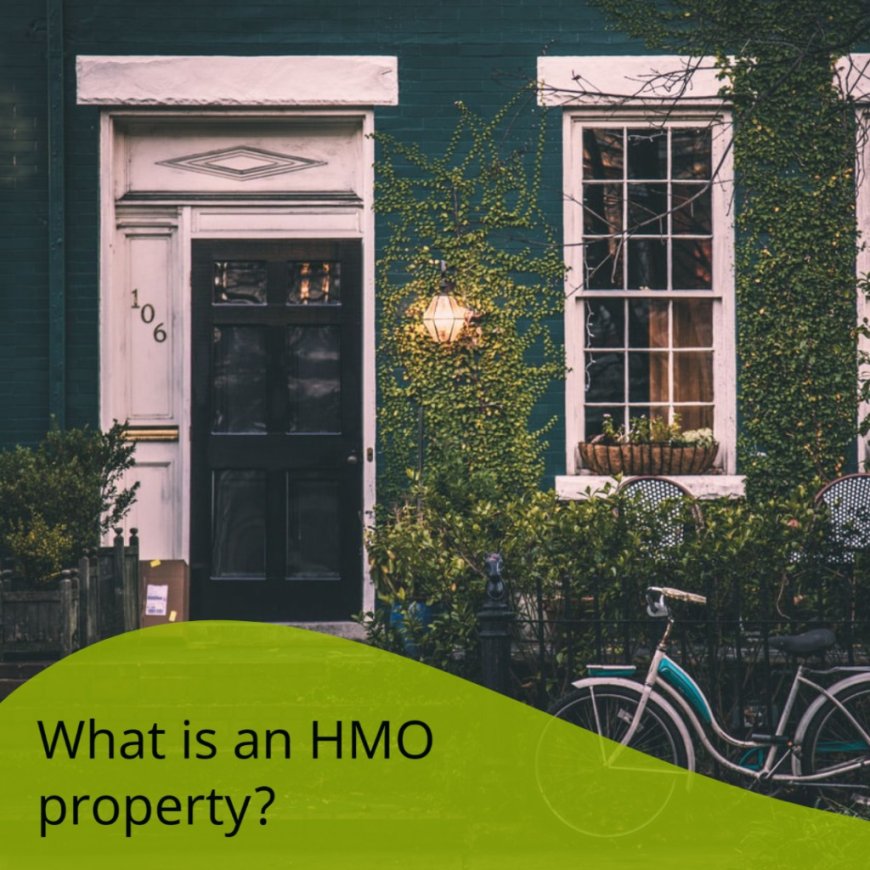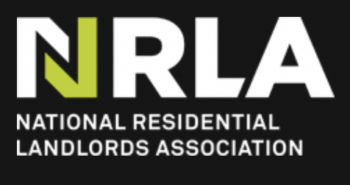If you are a tenant searching for somewhere to live or a landlord investing in property, odds are you’ve come across the term ‘HMO’ at some point. What does it stand for? Well, in this post, Easylets Warrington will examine the question, ‘What is an HMO property?’, and the essential facts for both landlords and tenants.
What is an HMO property?
The initials HMO stand for: House in Multiple Occupation, appears straightforward enough, right? Yet, many types of accommodation could be considered an HMO. These may include:
- Buildings containing numerous bedsits with shared facilities
- Shared houses
- Buildings containing non-self-contained flats with their own facilities
- Private halls of residence
- Blocks of converted flats
Other property types can fall under the HMO umbrella such as hostels or refuges, so it covers a broad range of rental property types. A useful guide would be a property which is occupied by three or more tenants, who constitute more than one household and share facilities such as a bathroom, toilet, or kitchen, could be deemed an HMO.
Things you need to know about HMOs
Some HMOs will require a licence from the local council before you move any tenants into the property. As a rule of thumb, if you have more than five tenants or homes with shared facilities, they will require a licence but ALWAYS check with your local council as a precaution. Landlords are also required to ensure that the following rules/tasks are completed:
- Electrical safety test every five years
- Annual gas safety checks
- Fire safety – smoke and carbon monoxide alarms fitted and maintained
- Waste disposal facilities provided such as bins
- Sufficient cooking, cleaning, and washing facilities provided and maintained
- Communal areas to be kept clean and clear
Health and safety standards in HMOs are taken more seriously by local authorities, so any tenant’s complaints are liable to be executed upon swiftly should they be brought to the attention of their Tenant Liaison Officer (TLO).
HMO’s as an investment
There are lots of pros and cons for investing in an HMO property, so it is always worth weighing up your options with some pros and cons. Advantages include things like more significant returns on your investment, increased demand and more flexible options. Downsides like with any investment your capital is at risk and even choosing the wrong area for your property can cause a lack of demand.
Do all HMOs require licensing?
Our advice is to always check with your local authority on this as there are regional differences between bodies. As a rule, a licence is only usually required when it is a large HMO property; an HMO property can be classed as large when:
- A building that is at least three storeys high
- Housing at least five tenants (forming one or more households)
- Facilities are shared with other occupants such as kitchen and bathroom.
Hire a Letting Agent
Working with a letting agent to handle your HMO is a safe way to ensure that everything is taken care of and takes away the stress of dealing with all the vetting procedures and dealing with tenant issues. Working with a letting agent free’s up your time to be doing other things or investing time into your property portfolio.
If you are looking for suitable HMO properties in or looking to work with letting agents Warrington, why not speak to us here at EasyLet? We can offer expert advice and property management services, contact us today, and we can see if we can make HMO’s Easy!




